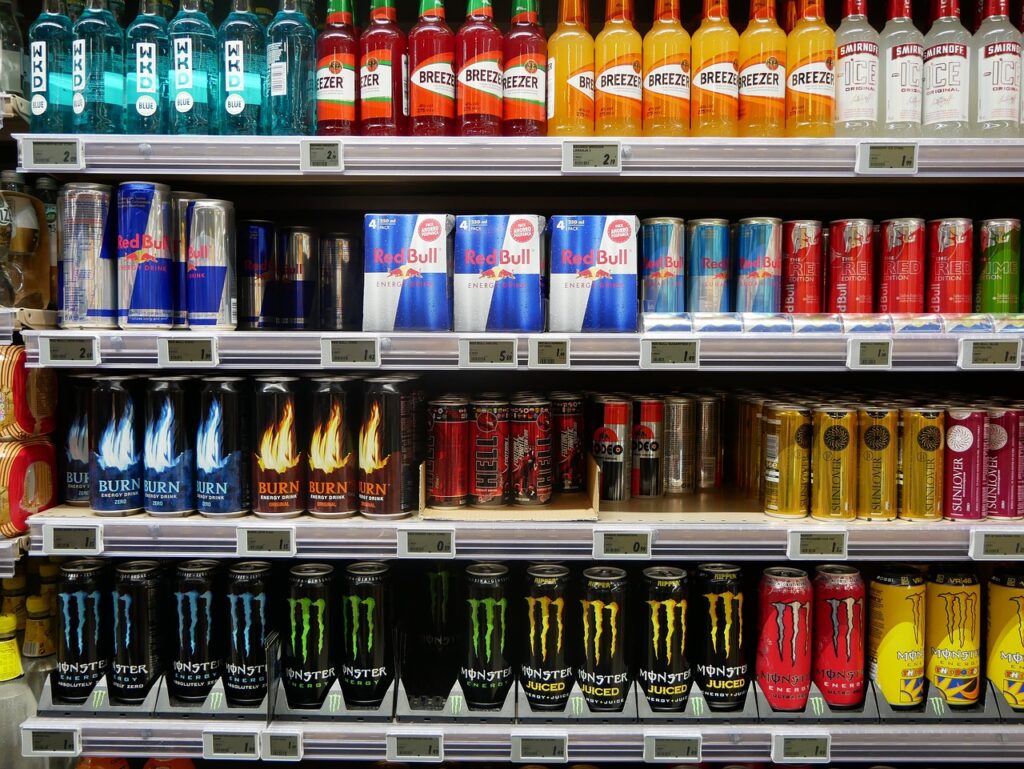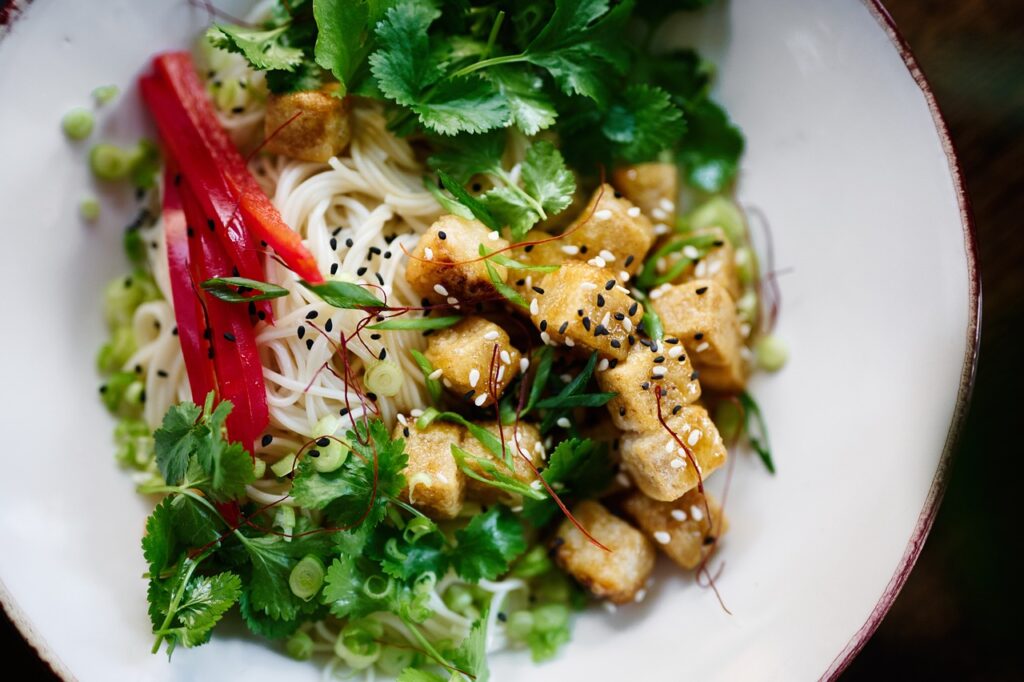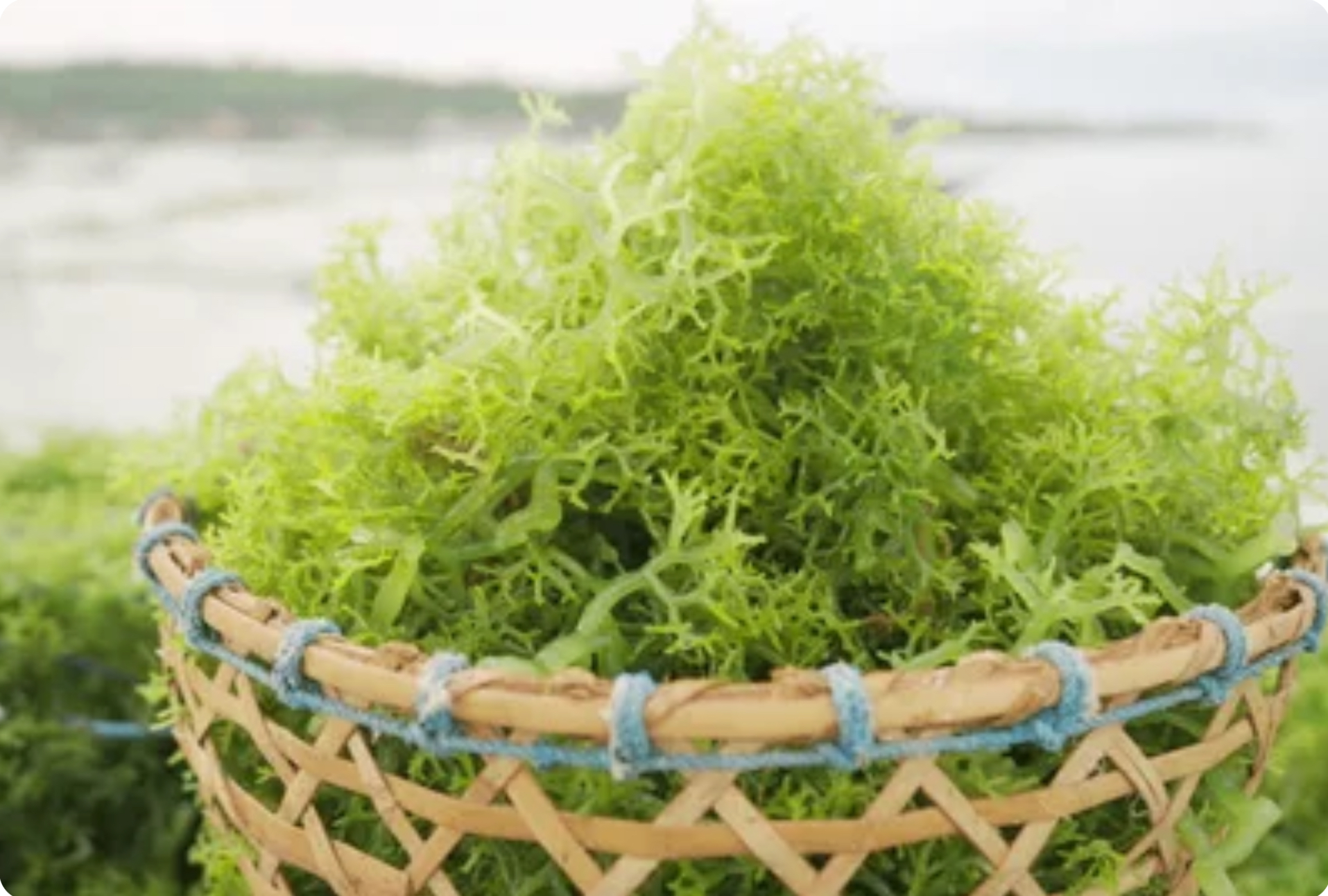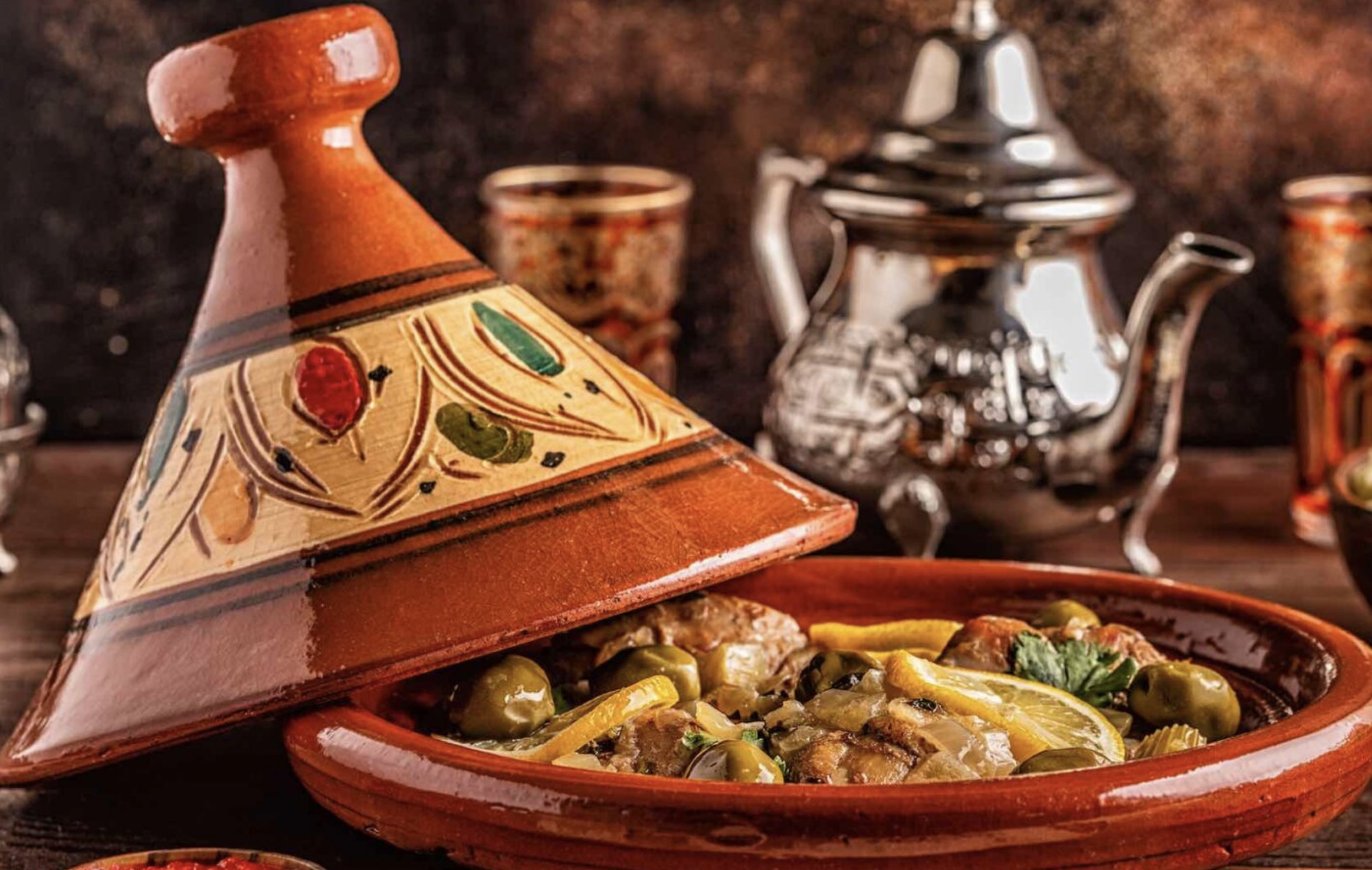By Andrea Rasca, Founder of Movimento Metropolitano (MoM)
Is seeing an ad for junk food during the day really more important than protecting the prosperity of our children?
The answer may seem obvious, but the government’s recent health proposals aimed at tackling this e.g., implementing a junk food advert watershed, banning energy drinks sales to under-16s, and stopping fast-food restaurants opening near schools have sparked a wave of accusations that the UK is becoming a freedom-infringing “nanny state.”
Everyone should have the freedom to make their own choices. But have we got our priorities straight?

In today’s complex political, economic, and health landscapes, I can understand how simple truths about healthy lifestyles can become convoluted and blurry. But if you cut through the noise to examine the data the picture becomes patently clear. Research suggests that:
- One in eight toddlers and children in this country (aged 2-10 years old) are living with obesity.
- High-caffeine energy drinks are damaging to children’s mental/physical health, behaviour, and education.
- Toddlers consume almost half their calories from UPFs, increasing to nearly 60% by the age of seven.
- Ultra-processed foods are linked to more than 30 harmful health issues, including increased risk of diseases like cancer, heart disease and diabetes; mental health problems; and early death.
- The number of children living in food insecure households in the UK is rising.
So, Are ultra-processed foods really that bad? Is there more we can be doing?
To me, the answers seem crystal clear: “ first, categorically yes; and second, absolutely. But the combination of the current “infobesity” epidemic coupled with digital and social information echo chambers can often obscure what healthy choices for our bodies and minds truly look like.
I’d like to offer a new perspective and path ahead: What if we viewed these new “nanny state” health proposals as small steps forward in promoting better health and wellbeing, emblematic of a larger shift back to our more traditional values?

When it comes to health, traditional doesn’t have to mean outdated. The simple, natural, and nutritious recipes that are woven into the fabric of cultures and communities across the world have always been and continue to be the best answer to a healthy lifestyle.
As I explored in my 2024 “Future of Food” Reading List caring for what’s on our plates, stripping back to natural ingredients, and protecting the natural world where all food starts its journey can help to rebuild our intrinsic relationship with food, nutrition, wellbeing, and health.
This belief binds everything we do through our movement, Movimento Metropolitano. How does this commitment come to life?
All the way from our menus to our meaningful community initiatives. Whether that’s sharing the expertise of our nutritionist, Ruwi Ratna; offering neurosensory and nutrition workshops with gastronome and sensory trainer Michele Crippa or through the traditional yet innovative recipes of our trading partners we’re on a mission to demonstrate how food can be affordable, sustainable, nutritious, and delicious.
It’s about promoting better health and well-being, building bridges between healthy and affordable food, and empowering our community with the education and tools needed to take control of their own health. Ultimately, it’s about rebuilding our relationship with food but we can’t do this alone or overnight.
The first step is to work together in deconstructing misleading ultra-processed, ‘nanny state’ narratives.
So I ask again: Can we really say the above proposals compromise anything worth jeopardising the health and well-being of the next generation?
Open and honest conversations are the best way to spark change. So let’s talk. I’m interested to hear different perspectives on this let me know your thoughts in the comments below. Together we can build a better food future for the current, next and future generations.




